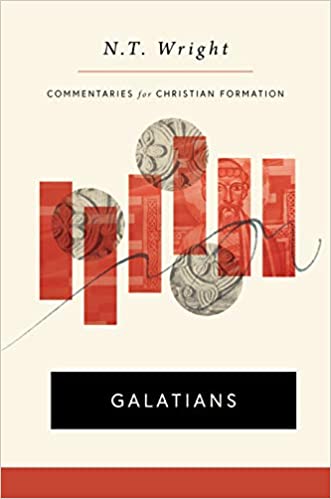Q. It seems to me a more balanced approach than we find in the apocalyptic readers of Paul to say that there is both a historical sequence of events which Christ comes and is the fulfillment of, and there is also surprising moments of divine incursion as well in that overall narrative. It’s not just one or the other. God does come to the rescue at points interrupting a bad scenario for God’s people, but this is part of the... Read more








